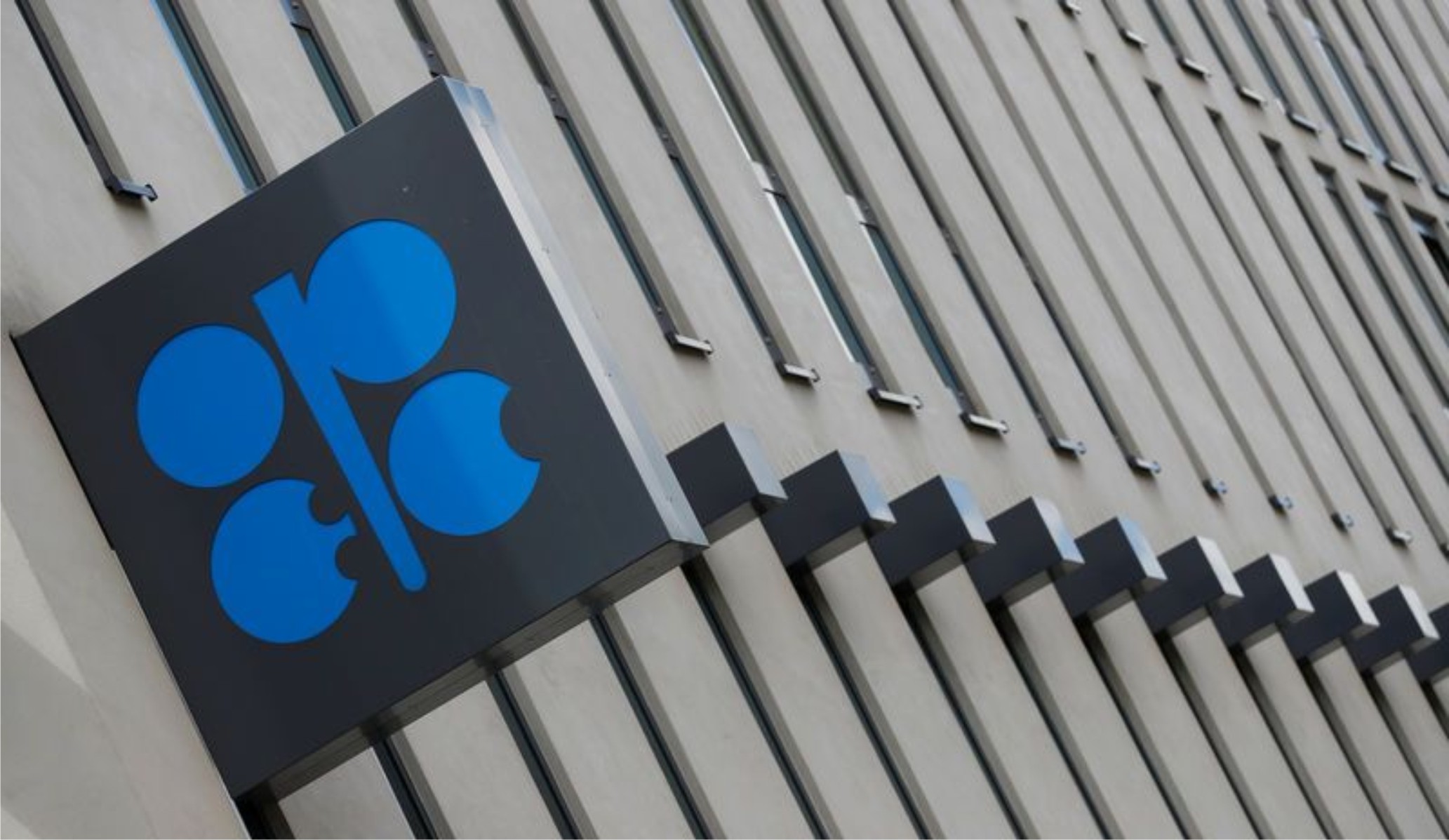Business
Oil Slips Below $66 Ahead Of G20, OPEC Meeting

Oil prices slid below $66 a barrel yesterday, pressured by concerns over whether the G20 summit in Japan will produce a breakthrough on trade and perceptions that supply is ample despite the prospect of continued OPEC curbs.
U.S. President Donald Trump said on Wednesday that a trade deal with Chinese President Xi Jinping was possible but he is prepared to impose U.S. tariffs on most remaining Chinese imports if the two countries don’t agree.
“A complete breakdown of the talks will have a negative impact on the financial markets and also on oil, but the sell-off in risky assets should be short-lived,’’ said Tamas Varga of oil broker PVM.
“Oil bulls might have to wait until the second half of next week to start firing (on) all cylinders.’’
Brent crude, the global benchmark, was down 75 cents at $65.74 by 1022 GMT.
U.S. West Texas Intermediate crude fell 64 cents to $58.74.
Oil jumped by more than two per cent on Wednesday after the latest U.S. petroleum supply report showed a larger than expected drop in crude stocks.
Inventories fell 12.8 million barrels, more than the 2.5 million barrel decrease analysts had expected.
Nonetheless, supply remains sufficient in the world’s biggest oil consumer.
“U.S. oil inventories remain well above the five-year average, signalling a well-supplied market,’’ said Carsten Menke of Swiss bank Julius Baer.
“Demand still looks soft, while the supply situation remains fragile.’’
Traders said uncertainty over a trade breakthrough at the G20, which could translate into a stronger oil demand outlook, and doubts about continued output cuts by OPEC and its allies were crimping follow-through buying.
“It would be unwise to be unprepared for a possible scenario where talks descend into disagreements on trade,’’ said Lukman Otunuga, research analyst at FXTM.
“Such an outcome will most likely rattle financial markets as concerns over slowing global growth and sizzling trade tensions fuel risk aversion,’’ he said.
After the G20 summit ends, the Organisation of the Petroleum Exporting Countries (OPEC) and allies including Russia would meet to discuss an extension of production cuts to support prices.
Iraq’s Oil Minister said in London yesterday the group was working toward a rollover of supply cuts at least at the same level.
Business
PENGASSAN Tasks Multinationals On Workers’ Salary Increase

Business
SEC Unveils Digital Regulatory Hub To Boost Oversight Across Financial Markets

Business
NAFDAC Decries Circulation Of Prohibited Food Items In markets …….Orders Vendors’ Immediate Cessation Of Dealings With Products

Importers, market traders, and supermarket operators have therefore, been directed to immediately cease all dealings in these items and to notify their supply chain partners to halt transactions involving prohibited products.
The agency emphasized that failure to comply will attract strict enforcement measures, including seizure and destruction of goods, suspension or revocation of operational licences, and prosecution under relevant laws.
The statement said “The National Agency for Food and Drug Administration and Control (NAFDAC) has raised an alarm over the growing incidence of smuggling, sale, and distribution of regulated food products such as pasta, noodles, sugar, and tomato paste currently found in markets across the country.
“These products are expressly listed on the Federal Government’s Customs Prohibition List and are not permitted for importation”.
NAFDAC also called on other government bodies, including the Nigeria Customs Service, Nigeria Immigration Service(NIS) Standards Organisation of Nigeria (SON), Nigerian Ports Authority (NPA), Nigerian Maritime Administration and Safety Agency (NIMASA), Nigeria Shippers Council, and the Nigeria Agricultural Quarantine Service (NAQS), to collaborate in enforcing the ban on these unsafe products.
-

 Politics5 days ago
Politics5 days agoTinubu Increases Ambassador-nominees to 65, Seeks Senate’s Confirmation
-
Sports5 days ago
Obagi Emerges OML 58 Football Cup Champions
-

 Sports5 days ago
Sports5 days agoFOOTBALL FANS FIESTA IN PH IS TO PROMOTE PEACE, UNITY – Oputa
-

 News5 days ago
News5 days agoFubara Assures Greater Collaboration With Navy
-

 News5 days ago
News5 days agoRHI: First Lady Gives N50m Business Grants To Rivers PWDS, Disabled Veterans …As RGS Unveils Free Medical Services For Vulnerable Persons
-

 Politics3 days ago
Politics3 days agoWhy Reno Omokri Should Be Dropped From Ambassadorial List – Arabambi
-

 Oil & Energy2 days ago
Oil & Energy2 days agoNCDMB Unveils $100m Equity Investment Scheme, Says Nigerian Content Hits 61% In 2025 ………As Board Plans Technology Challenge, Research and Development Fair In 2026
-

 Sports2 days ago
Sports2 days agoNigeria, Egypt friendly Hold Dec 16

